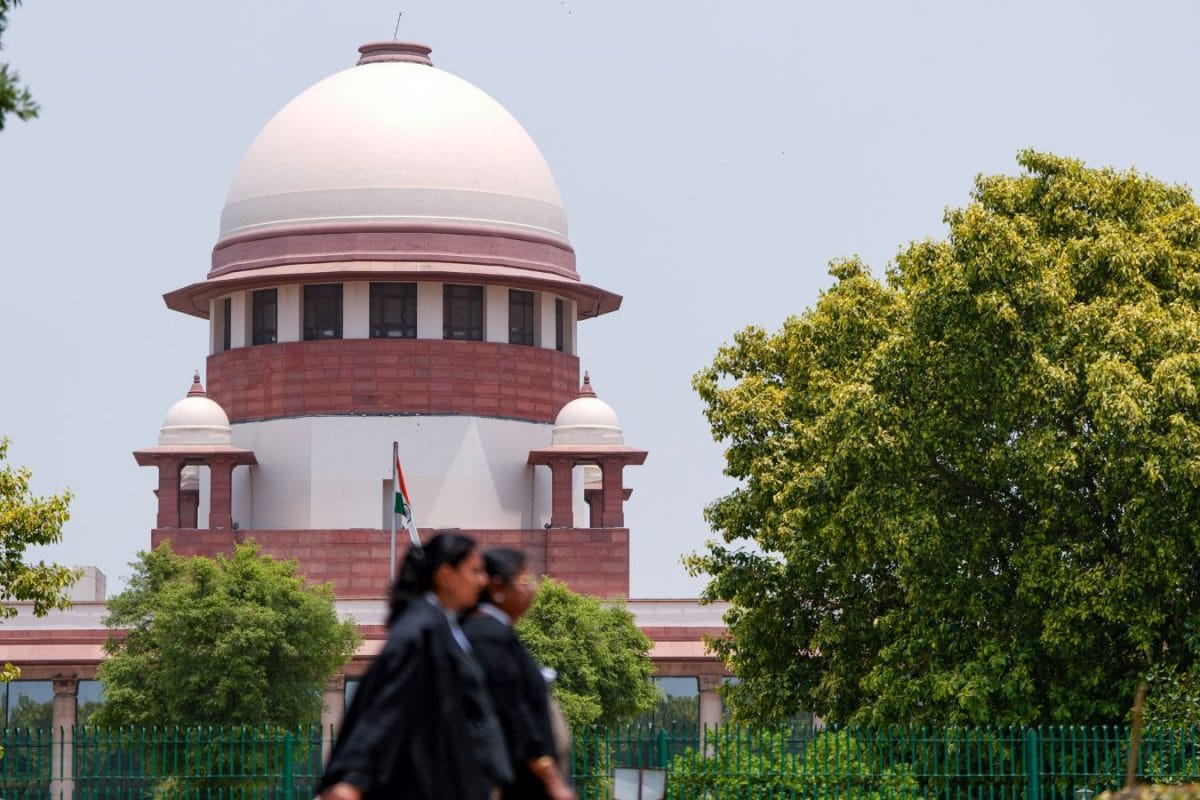

The Supreme Court has addressed concerns surrounding the Special Intensive Revision (SIR) of electoral rolls in Bihar, clarifying the timeline and the use of Aadhaar as identification. The court has stated it will not alter the timeline for the Bihar SIR. However, the court has allowed excluded voters to use Aadhaar as a form of identification.
The Election Commission of India (ECI) is conducting the SIR to update and correct the state's voter list before the upcoming Assembly Elections. This process involves verifying the details of existing voters, adding eligible new voters, and removing names of those who are deceased, have moved, or are otherwise ineligible. The SIR includes field visits by Booth Level Officers (BLOs), collection of forms from voters, and document verification to ensure the accuracy of electoral rolls.
Initially, there were challenges to the ECI's decision to not treat Aadhaar and voter cards as conclusive proof of citizenship. The Supreme Court has supported the ECI's stance that Aadhaar cannot be accepted as conclusive proof of citizenship but can be used as identification. Justice Surya Kant emphasized the necessity of proper verification before considering Aadhaar as valid evidence. The court acknowledged that while Aadhaar is an important identification document for availing various services, it does not, by itself, establish nationality.
The Supreme Court observed that the SIR in Bihar, which requires 11 documents for verification, is more voter-friendly than the previous summary revision that required seven. The court noted the list of documents was prepared after taking feedback from various government departments to ensure maximum coverage.
During the proceedings, concerns were raised about potential mass exclusion of voters. Senior advocate Gopal S. told the court that a significant number of names had been deleted from the rolls, which he termed a case of mass exclusion. However, the ECI refuted these allegations. The Supreme Court had said it would intervene if there was mass exclusion of names following the SIR. The court noted the January 2025 voter list is the basis on which the SIR is being conducted.
The ECI announced the successful completion of the first phase of the SIR, which involved collecting enumeration forms. According to the ECI, a significant number of voters participated in the enumeration process. The ECI also stated that digital engagement was a key feature of the campaign, with many voters submitting forms via the ECI's website and mobile app.
The Supreme Court directed the ECI to publish details of deleted names and to include Aadhaar Card to its list of 11 documents which have been prescribed in the SIR notification. The ECI is expected to give wide publicity to the fact that the Aadhaar card can also be furnished by voters. The public notice will expressly state that any aggrieved person may submit a claim for inclusion in the electoral roll, and that such claims should be accompanied by a copy of the applicant's Aadhaar card. The Chief Electoral Officer of Bihar will publish the soft copy of the district-wise list of excluded voters on the CEO's website.